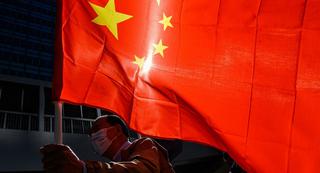
Europe’s policy should start with a clear identification of those elements of Sino-Russian cooperation that are detrimental for EU’s interests and that whose direction it can influence.
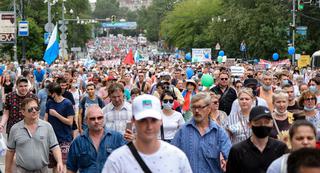
The protest in Russia is becoming increasingly anti-Putin, as the example of Khabarovsk shows. From all flanks, left and right, not specifically liberal.
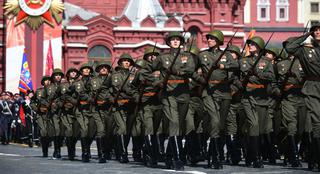
Russia needs to restore, rather than erase, the memory of the millions of victims of totalitarianism and cease putting it in competition with the memory of those who fell in battle in World War II.
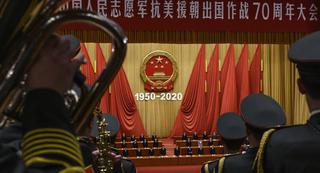
This year marks the 70th anniversary of the outbreak of the Korean War. It was initially a civil war that gradually evolved into an international conflict, during which the Soviet Union and China supported North Korea.
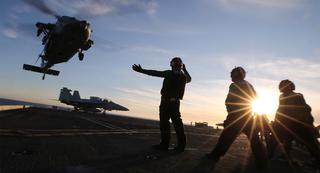
Bilateral nuclear arms control is being succeeded in a polycentric nuclear world by deregulation. Rather than mourn arms control, we should focus on complimenting deterrence—which has been and will remain the bedrock of strategic stability—with reliable communication, contacts, transparency, and restraint among relevant parties.
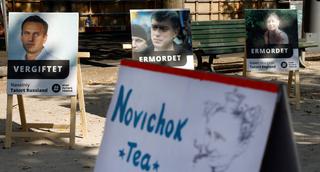
The Kremlin will face a new Navalny, protected by a force field of Western public opinion.
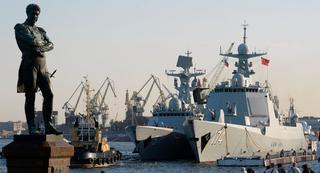
What is the current state of Russia’s relations with China and the Indo-Pacific? And what are the prospects for Russia as an Indo-Pacific power? For a perspective on these matters, Jongsoo Lee interviews Dmitri Trenin, director of the Carnegie Moscow Center and chair of the Center’s Foreign and Security Policy Program.
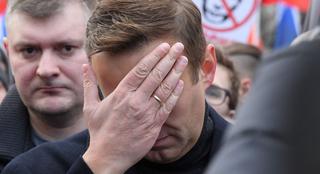
A new cold war is being waged without rules and without any kind of visible desire from the Russian side to initiate a new “détente,” or at least a “reset”.
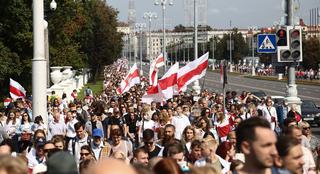
Massive and persistent, protests in the usually quiet country of Belarus have taken the world by surprise and suddenly brought the country to the centre of Europe's attention.
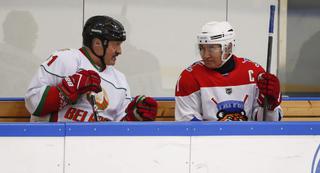
In Russia and Belarus, civil societies are uniting faster than the two countries themselves.
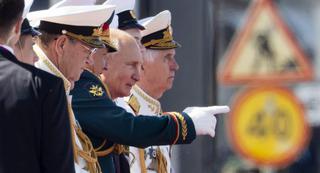
By laying the constitutional groundwork to remain president for life, Vladimir Putin is engineering a further “Francoization” of his regime. But while Francisco Franco at least had a successor in King Juan Carlos, Putin has no such thing, which could spell chaos for Russia.

Serbia’s authorities broke an old taboo when they blamed pro-Russian radicals for instigating some of the recent violence in the country, and Russia-Serbia relations may never be the same again.
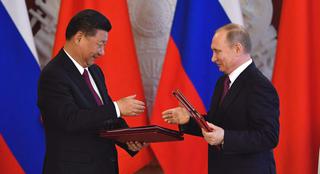
For the foreseeable future, Russian-Chinese relations are likely to be closer, and more productive than Russian-American ones. This is not based on emotions, but on national interests.

Telegram, launched in 2013, has long bothered the government not just because of its sophisticated encryption technique, but also because it quickly became an important platform of political discussion.
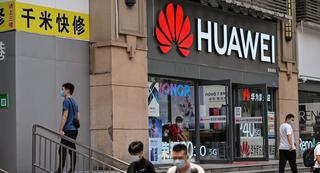
US and EU sanctions against the Chinese telecoms group have bolstered Sino-Russian co-operation
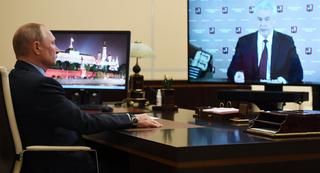
Putin has chosen the local governors to play the bad guys responsible for the health-care failures and personal constraints. For himself he has chosen the role of benefactor, bestowing gifts in the form of nonworking days and financial assistance.
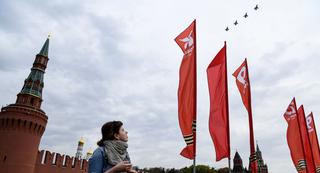
The foundation of the current Kremlin ideology is a defensive narrative: that we have always been attacked and forced to defend ourselves. Another line of defense is history.
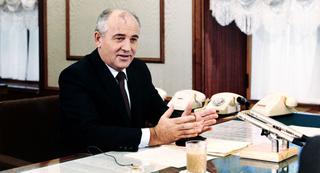
Whereas Mikhail Gorbachev granted his people freedom and suffered a crushing personal defeat, Vladimir Putin is doing exactly the opposite. But, in the end, it is Putin's legacy that will suffer, and Gorbachev who will be redeemed.
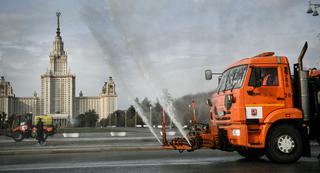
Despite border closures, Russia and others may be pushed even closer to Beijing.
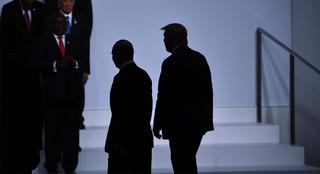
In recent decades Russia has been too focused on the United States. On the eve of the third decade of the 21st century Russians should arm themselves with patience, set their eyes on the domestic affairs, and establish smooth and balanced relations with far stronger China.